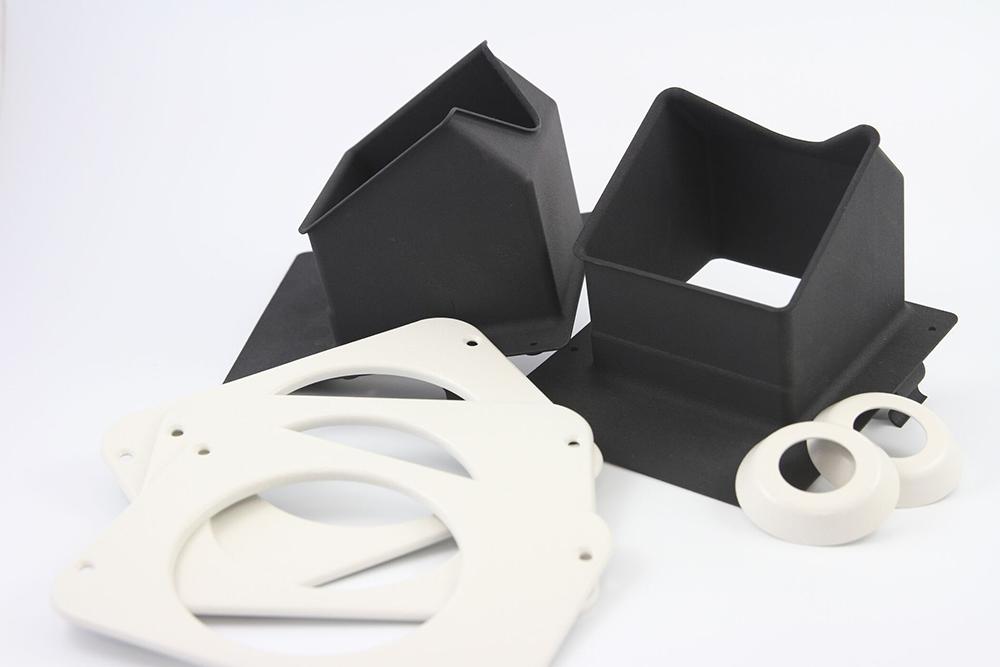Proponent And Materialise Partner on Aftermarket 3D Printing Acceleration

AMSTERDAM—Independent aerospace parts distributor Proponent has partnered with Belgian 3D printing specialist Materialise to explore opportunities to increase the traction of 3D printing in aftermarket supply chains.
The companies signed an agreement on Oct. 20 at MRO Europe in Amsterdam, under which they are seeking to partner with aerospace OEMs and suppliers to offer airline and MROs what they call a “one-stop-shop solution for aftermarket parts where 3D printing is featured alongside other manufacturing technologies.”
According to Materialise CTO Bart Van der Schueren, the companies plan to combine Materialise’s EASA Part 21G production organization capabilities with Proponent’s reach within the supply chain. Materialise will 3D print parts that will be distributed by Proponent.
“Open solutions and a collaborative approach have always been crucial to Materialise,” says Van der Schueren. “This brings 3D printing technology right in the comfort zone of the aerospace industry’s well-established supply chains.”
Materialise says 3D printing within aerospace has so far mostly been used within specialist engineering departments, so the partnership aims to bring the practice into the procurement segment so it is more accessible for MROs to source 3D-printed parts.
“3D printing represents an opportunity to help our OEM and supplier partners to become more efficient in their supply chains and complements our stocking distribution model,” says Andrew Todhunter, CEO of Proponent. “Producing customized parts or small production runs through additive manufacturing gives us an opportunity to source on-demand, sustainably, and avoid high minimum order quantities.” According to Materialise, on-demand part printing will enable aftermarket providers to optimize stock quantities with a smarter, leaner flow of parts.
Within the aerospace market, Materialise primarily produces lower critical parts made of specific polymers, such as interior parts, housings and brackets as well as production tools. According to a representative for Materialise, it expects to move into more complex and critical components as the industry becomes more familiar with 3D printing and its benefits. The representative adds that typical lead times of qualified 3D printed parts typically range from a few days to a few weeks, depending on which 3D printing technology is used and the part size, its complexity and the required post processing.
Materialise says it currently manufactures 700 part series per year for aerospace customers ranging from MROs to OEMs such as Airbus. According to Materialise, it is the only supplier offering manufacturing services in two 3D printing technologies approved by Airbus for flight-ready parts. These include fused deposition modeling and laser sintering technology, the latter of which it was approved by Airbus for in May.





